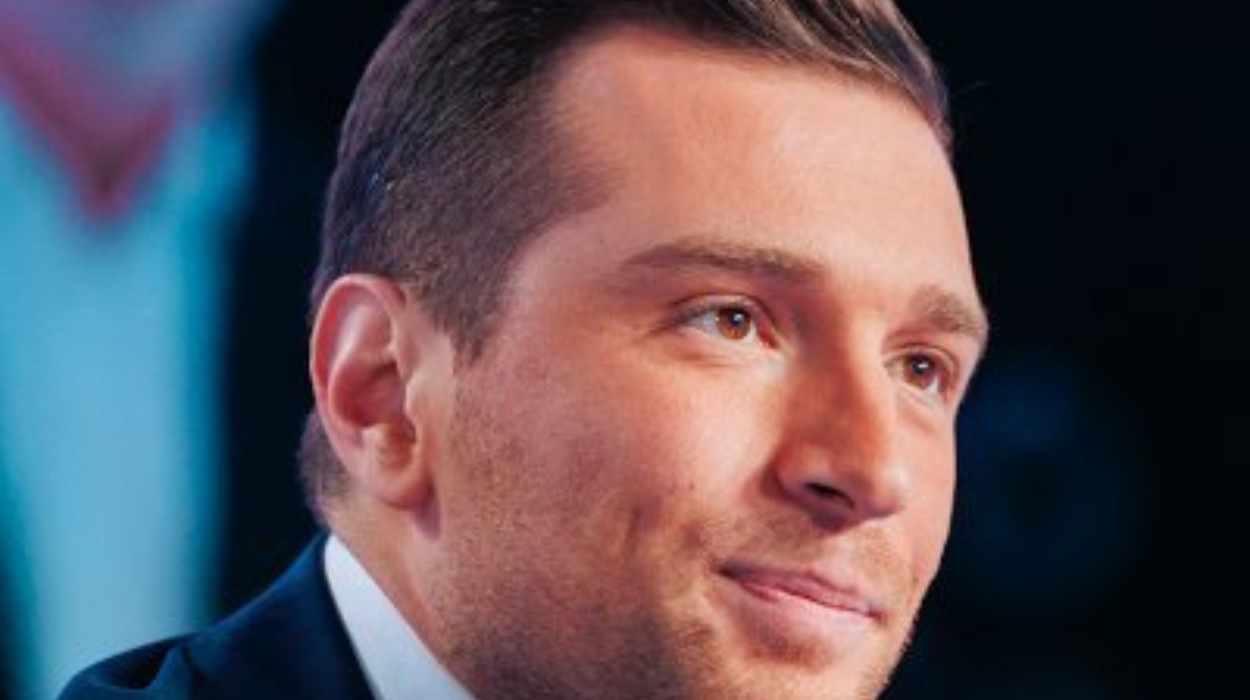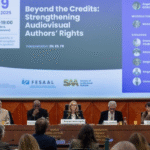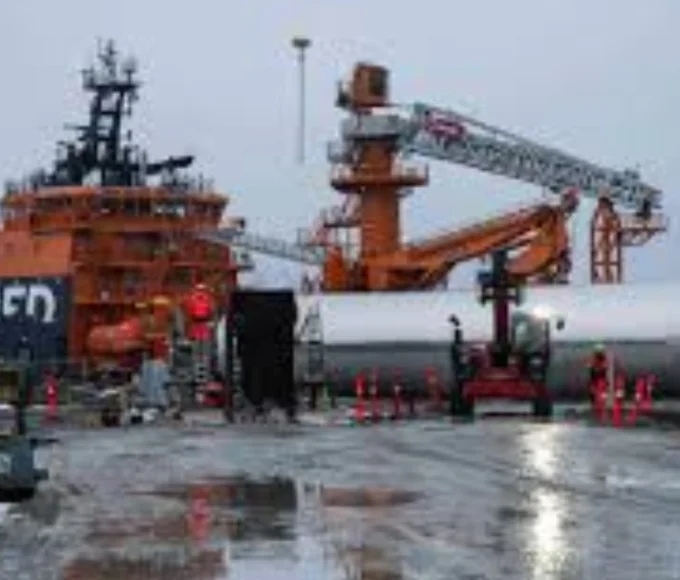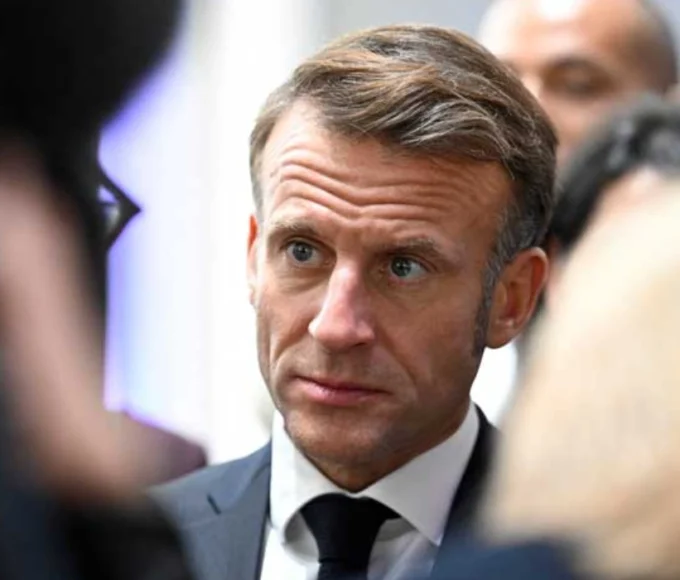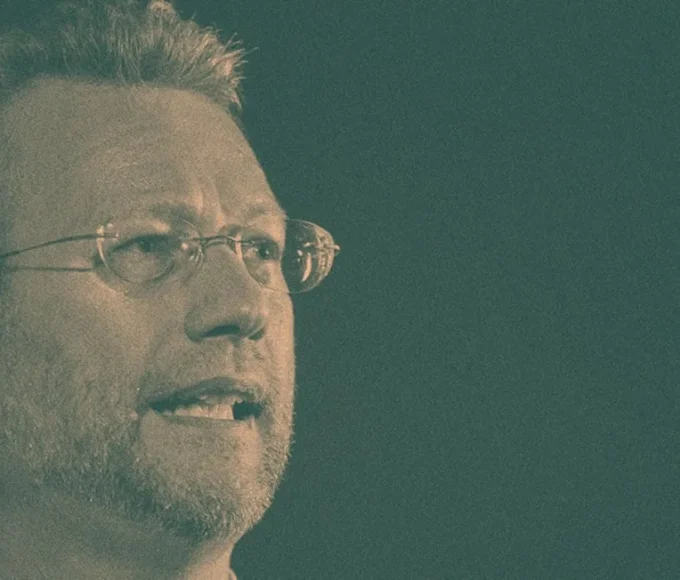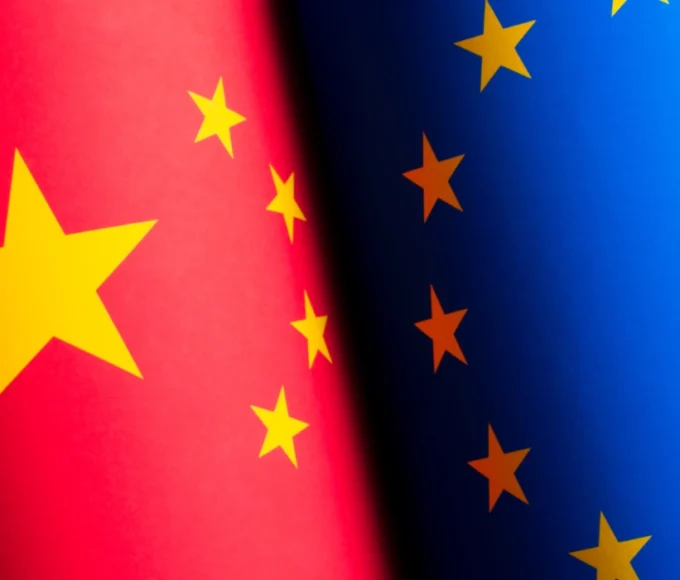The forced displacement of Armenians from Nagorno-Karabakh has raised serious concerns about the European Union’s response to the unfolding tragedy. In a recent statement, Jordan Bardella, President of the “Patriots for Europe” group in the European Parliament, expressed his strong disapproval of the EU’s diplomatic actions surrounding the issue. The Armenian community has faced immense hardship, and Bardella believes that Europe’s inadequate response to this crisis is partly to blame.
Read Also: No Negotiations with Trump: A Hard Stance on Trade Wars
The Heartbreaking Images from Nagorno-Karabakh
The shocking images emerging from Nagorno-Karabakh, showing the mass exodus of Armenians, have deeply moved the international community. Thousands of Armenians have been forced to leave their homes, leaving behind everything they have known, including churches, cemeteries, and a rich cultural heritage. These images are a stark reminder of the human toll the conflict has taken and the urgency of addressing the situation.
In response to the crisis, Bardella took to the floor of the European Parliament and posed a critical question: “Where have Europe’s values gone?” He emphasizes that this is not just a humanitarian crisis but also an attack on Armenian cultural identity. For Bardella, this situation represents a failure by Europe to protect its own core values of human rights, peace, and cultural preservation.
The Historical and Cultural Significance of Nagorno-Karabakh
Nagorno-Karabakh has long been a cradle of Armenian culture and Christianity. For centuries, the region has served as a stronghold for the Armenian people, representing their identity and history. Bardella argues that the EU’s failure to protect the rights of Armenians in Nagorno-Karabakh amounts to abandoning a people’s historical and cultural legacy. The region’s future, according to Bardella, is in jeopardy as Azerbaijan, backed by Turkey and now largely ignored by Russia, threatens to erase centuries of Armenian civilization.
European Diplomacy’s Failure: The Role of Ursula von der Leyen
A key aspect of Bardella’s critique centers on the actions of Ursula von der Leyen, the President of the European Commission. In 2022, von der Leyen signed a controversial agreement with Azerbaijan, aiming to secure gas supplies for the EU. This agreement was presented as a strategic move to reduce Europe’s dependence on Russian energy sources following the invasion of Ukraine. However, Bardella strongly criticizes this deal, describing it as morally indefensible.
Bardella argues that by entering into such an agreement with Azerbaijani President Ilham Aliyev, the EU has essentially legitimized a regime accused of war crimes and human rights abuses. In his view, this deal not only undermines Europe’s commitment to human rights but also enriches and empowers an authoritarian regime. Furthermore, Bardella points out that Azerbaijan’s actions in Nagorno-Karabakh, including ethnic cleansing and cultural destruction, are exacerbated by this European partnership.
A Call for Action and European Responsibility
Bardella’s statement is not only a criticism of past decisions but also a call to action. He emphasizes that the EU must re-evaluate its foreign policy, especially concerning authoritarian regimes like Azerbaijan. He advocates for a more principled approach, where European diplomacy aligns with its values of justice, peace, and human rights.
In December 2024, Bardella and his political group supported a European Parliament resolution condemning Azerbaijan’s actions in Nagorno-Karabakh. This resolution specifically denounced the repression of the Armenian population and the violation of human rights in the region. Bardella reaffirmed his commitment to continuing his advocacy for Armenia and the Armenian people, emphasizing the need for Europe to stand in solidarity with those who are suffering.
Conclusion: A Stand for Armenian Rights
As Bardella concludes, the European Union must show greater leadership and take concrete actions to support Armenia in its fight for sovereignty and the preservation of its culture. By allowing a regime with a history of human rights violations to prosper, Europe risks undermining its credibility and moral standing on the world stage. In his view, Europe must choose a path of true solidarity, supporting the Armenians in their struggle to preserve their heritage and live freely on their ancestral land.
Bardella’s remarks highlight the growing concern over the EU’s role in the global geopolitical landscape, especially in regions like Nagorno-Karabakh, where the stakes for human rights and cultural preservation are incredibly high. The need for a more coherent and principled European foreign policy has never been more urgent.
This article is originally published on: armenews


